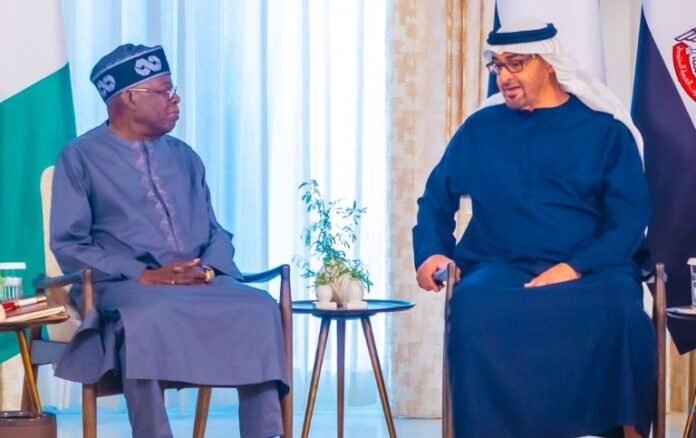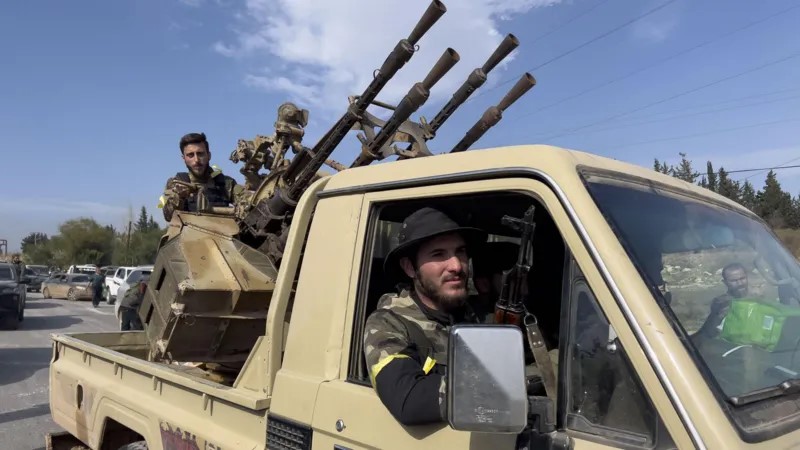Nigeria and the Gulf countries have condemned Israel’s recent airstrikes on Iran, warning that the attacks could further destabilize the Middle East.
The reactions come as fears grow that escalating hostilities between Israel and Iran could pull the region into a broader war, disrupt diplomatic efforts, and threaten economic stability.
Israel launched airstrikes targeting around 100 sites in Iran on Friday. These included sensitive nuclear and military installations. Several top Iranian military officers were killed in the operation, including General Mohammad Bagheri, Iran’s Chief of Staff of the Armed Forces, and Hossein Salami, head of the Islamic Revolutionary Guard Corps.
Iran’s Supreme Leader Ayatollah Khamenei described the strikes as a “declaration of war,” vowing that Israel would face a “bitter and painful” consequence. The Iranian military also threatened “no limits” in its planned retaliation.
Gulf Countries Caught Between Old Foes and Fragile Peace
The airstrikes have placed Gulf monarchies in a difficult situation. While some countries quietly welcome any move that weakens Iran, they also fear the conflict could spill into their territories.
Many Gulf States maintain close ties with the United States and host its military bases, making them potential targets if tensions rise.
Saudi Arabia, for instance, has reacted cautiously. The kingdom’s diplomats have reportedly distanced themselves from Israel and condemned the strikes. This approach aligns with their recent push to improve ties with Iran. In 2023, China brokered a diplomatic agreement between Riyadh and Tehran to restore formal relations after years of hostility.
A decade ago, Saudi Arabia was among the most vocal opponents of Iran, urging the U.S. to take military action. At the time, Saudi officials often referred to Iran as “the head of the snake.” Today, the kingdom is promoting dialogue over conflict. Saudi Foreign Minister Faisal bin Farhan has already spoken with his Iranian counterpart, stressing the need for calm and diplomacy.
Crown Prince Mohammed bin Salman has focused on economic reforms and aims to diversify the Saudi economy beyond oil. That plan depends on regional stability. Any fresh war between Israel and Iran could derail years of economic progress.
Shift in Gulf Policy After Past Attacks
While the Gulf nations like Saudi Arabia and the UAE supported a harder stance against Iran, they also backed the U.S. withdrawal from the 2015 nuclear deal. However, several attacks believed to have been carried out by Iran or its allies changed their approach.
In 2019, a missile and drone strike on Saudi oil facilities temporarily cut national oil output in half. The attack, blamed on Iran despite Houthi rebels claiming responsibility, showed just how vulnerable the region had become. The UAE also experienced a drone attack in 2022 that killed three people in Abu Dhabi.
After those incidents, Gulf countries began efforts to ease tensions with Iran. They believe diplomacy is a better shield than military threats. Analysts warn that any U.S. involvement now, especially using Gulf bases to support Israeli operations, could make these countries direct targets.
“The biggest concern in the Gulf now is whether the United States will use these bases to defend Israel,” said one Middle East analyst. “That could make them targets.”
Nigeria Joins Global Calls for Restraint
Nigeria has also condemned Israel’s airstrikes, warning that the current violence risks dragging the Middle East into deeper instability. In a statement, the Nigerian government said it was “gravely concerned” by the continuing hostilities between Iran and Israel, including the missile and aerial attacks.
“The government of the Federal Republic of Nigeria condemns Israel’s preemptive strike on Iran that has led to an escalation of hostilities,” said the Ministry of Foreign Affairs. “We call for an immediate cessation of hostilities and urge both parties to exercise utmost restraint.”
The Nigerian government warned that the ongoing retaliation between Iran and Israel could endanger civilian lives and disrupt regional and global peace. It added that the conflict threatens economic development at a time when the world is already facing several financial challenges.
Nigeria stressed its long-standing commitment to peaceful coexistence and the resolution of conflict through diplomacy. “Military action is not a substitute for negotiation,” the statement said. It urged the international community, especially the United Nations Security Council, to work swiftly to de-escalate tensions.
“The path to lasting peace lies in diplomacy, mutual respect, and adherence to international law. Nigeria stands ready to support all genuine efforts aimed at de-escalating tensions and promoting peace in the region.”
Talks Under Threat as Israel’s Strikes Upset Negotiations
Reports suggest that new talks between Iran and the U.S. over reviving the 2015 nuclear agreement were due to resume this week in Oman. However, many now believe Israel’s recent actions may derail those diplomatic efforts.
Some Gulf leaders are said to have appealed to Trump, during his recent regional visit, to avoid attacking Iran’s nuclear sites. They instead urged a return to dialogue. Observers believe Israel is trying to halt any progress in negotiations between Tehran and Washington.
“It looks like Israel is trying to torpedo the negotiations,” said one regional expert. “The real question is: how will Washington respond? Will it continue to offer unwavering support to Israel, or attempt to revive diplomatic talks with Iran?”
As of now, Iran has not directly threatened Gulf assets, but things could change rapidly if Israel continues its air campaign. For many rich and prosperous Gulf nations, avoiding war is now more important than ever.
Rate, Like 👍, Comment, share this article and Follow us on our social media handles.






